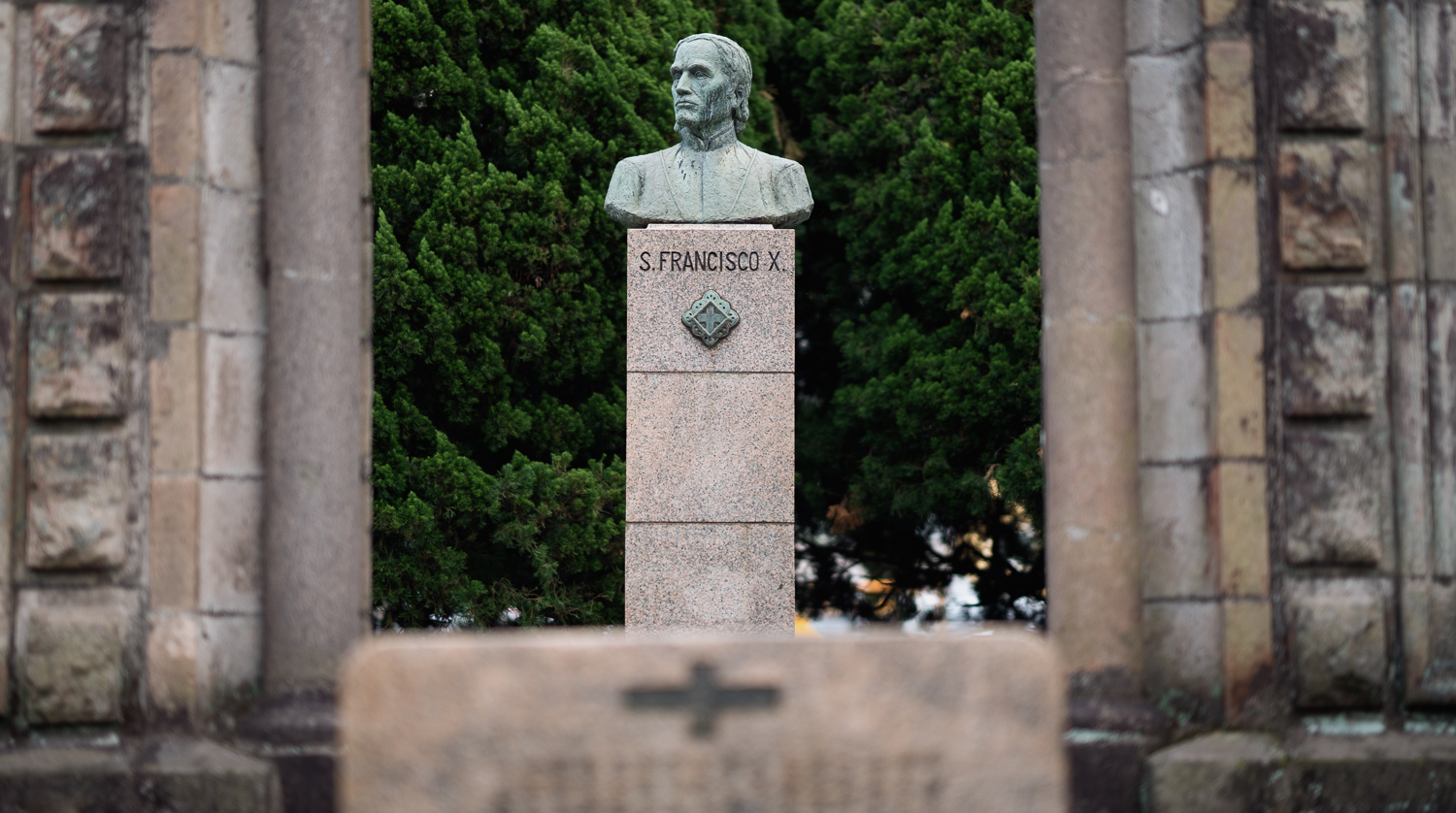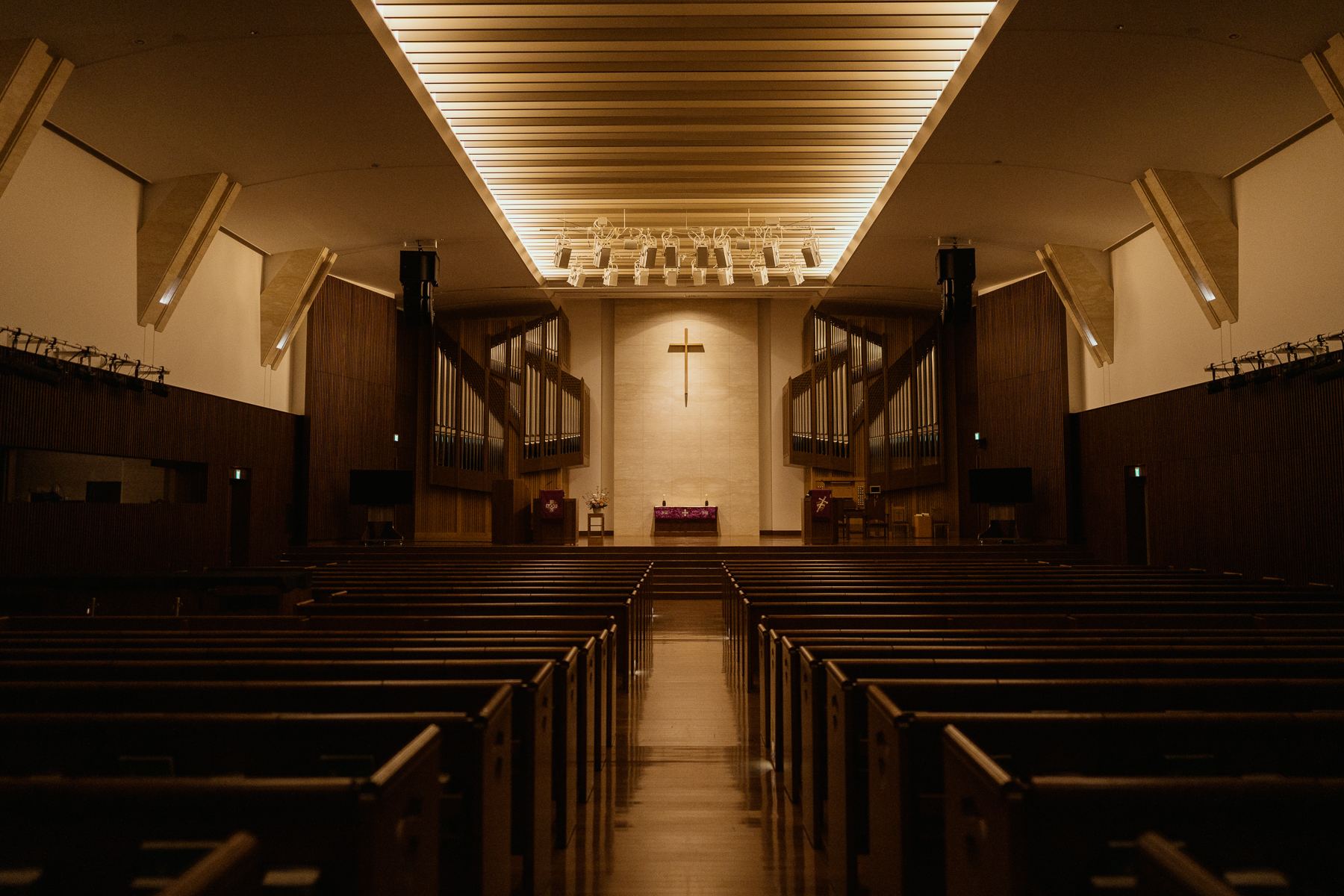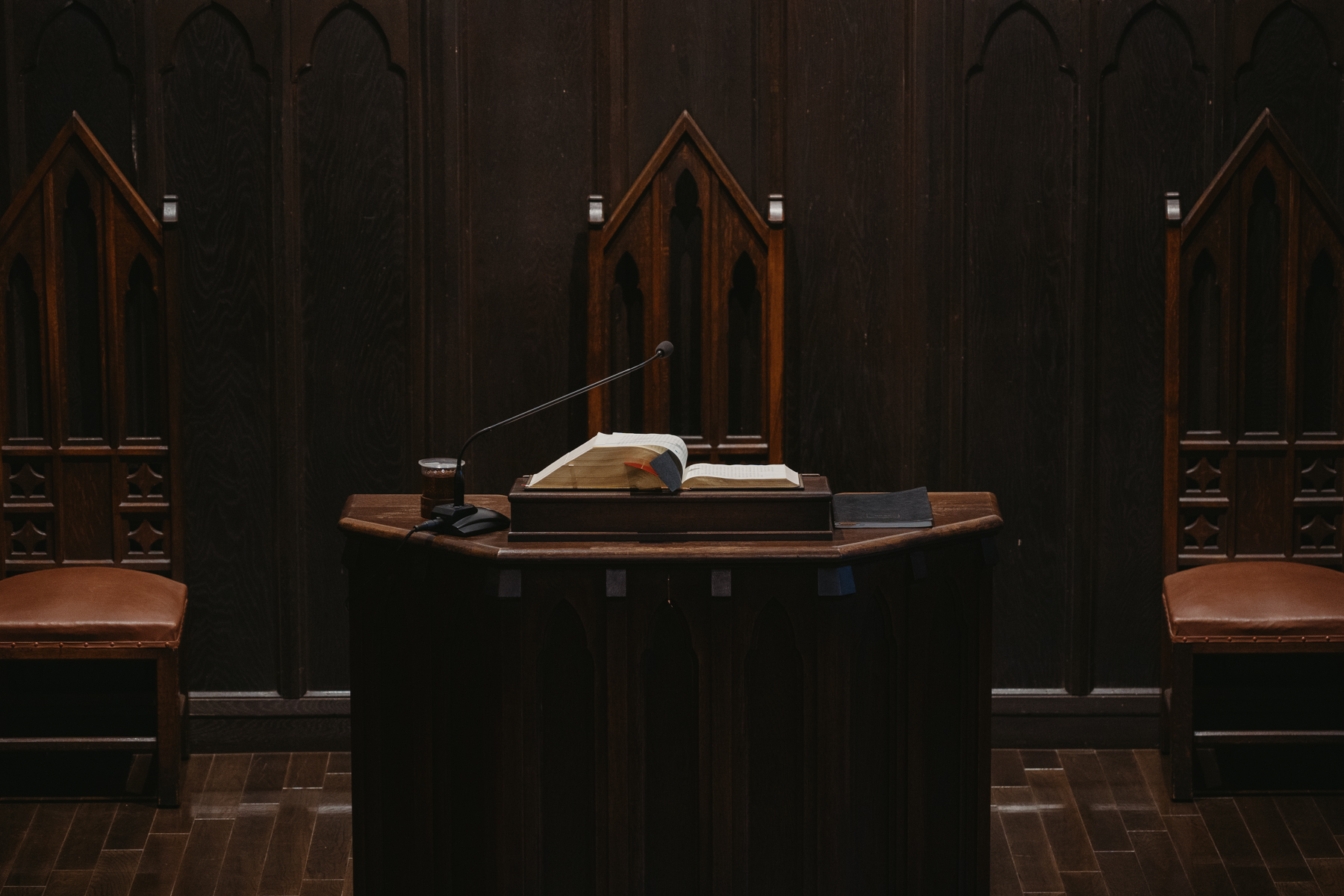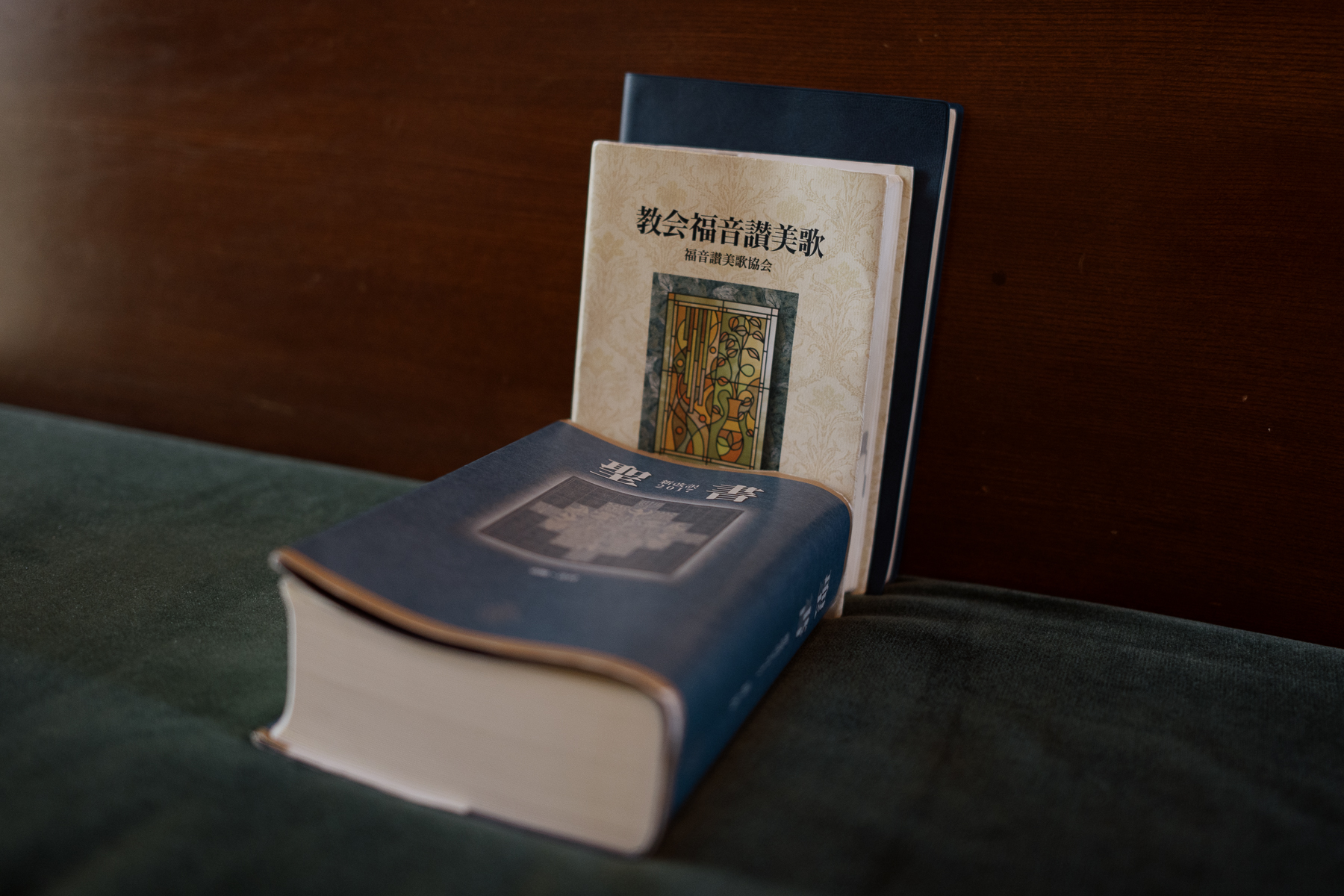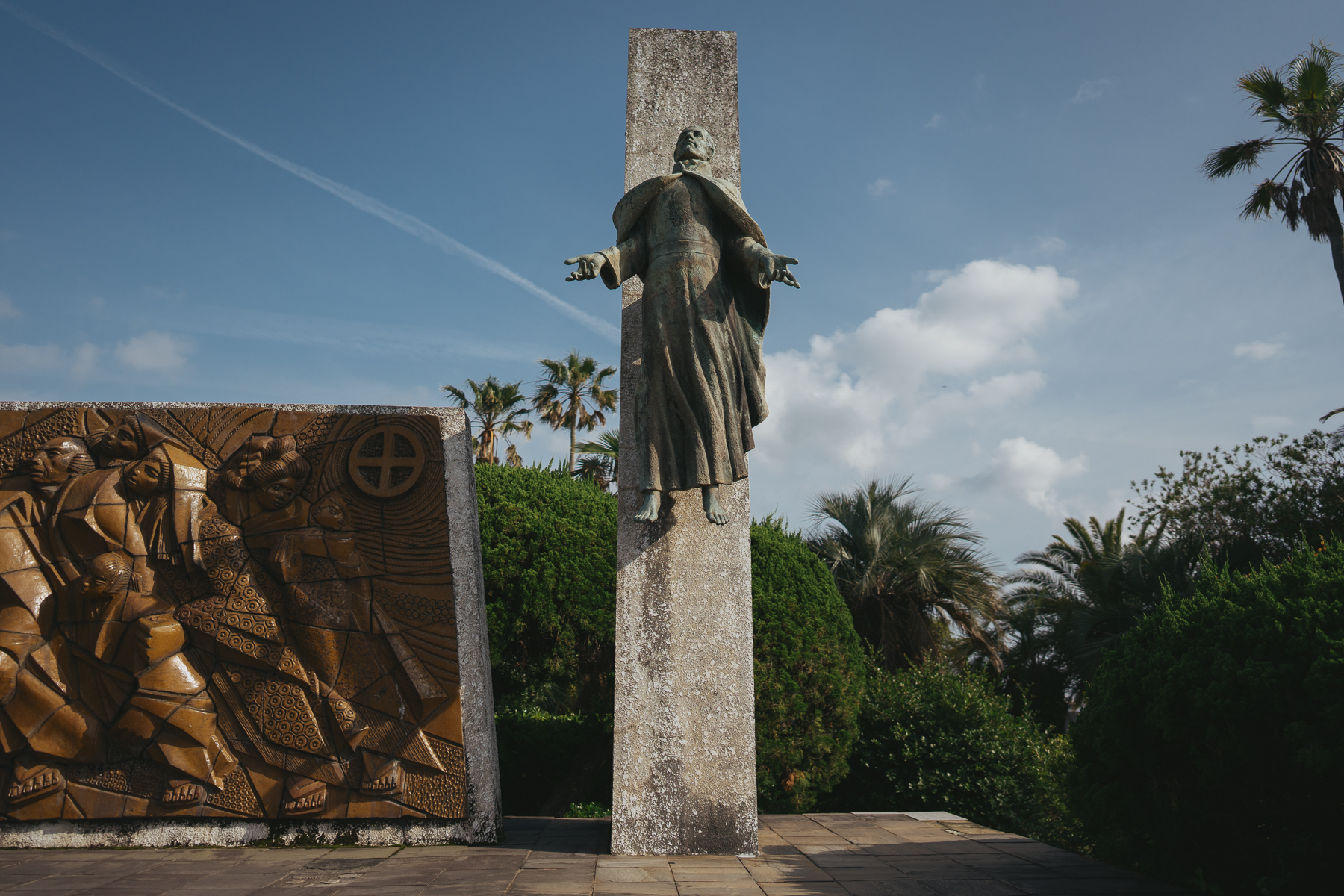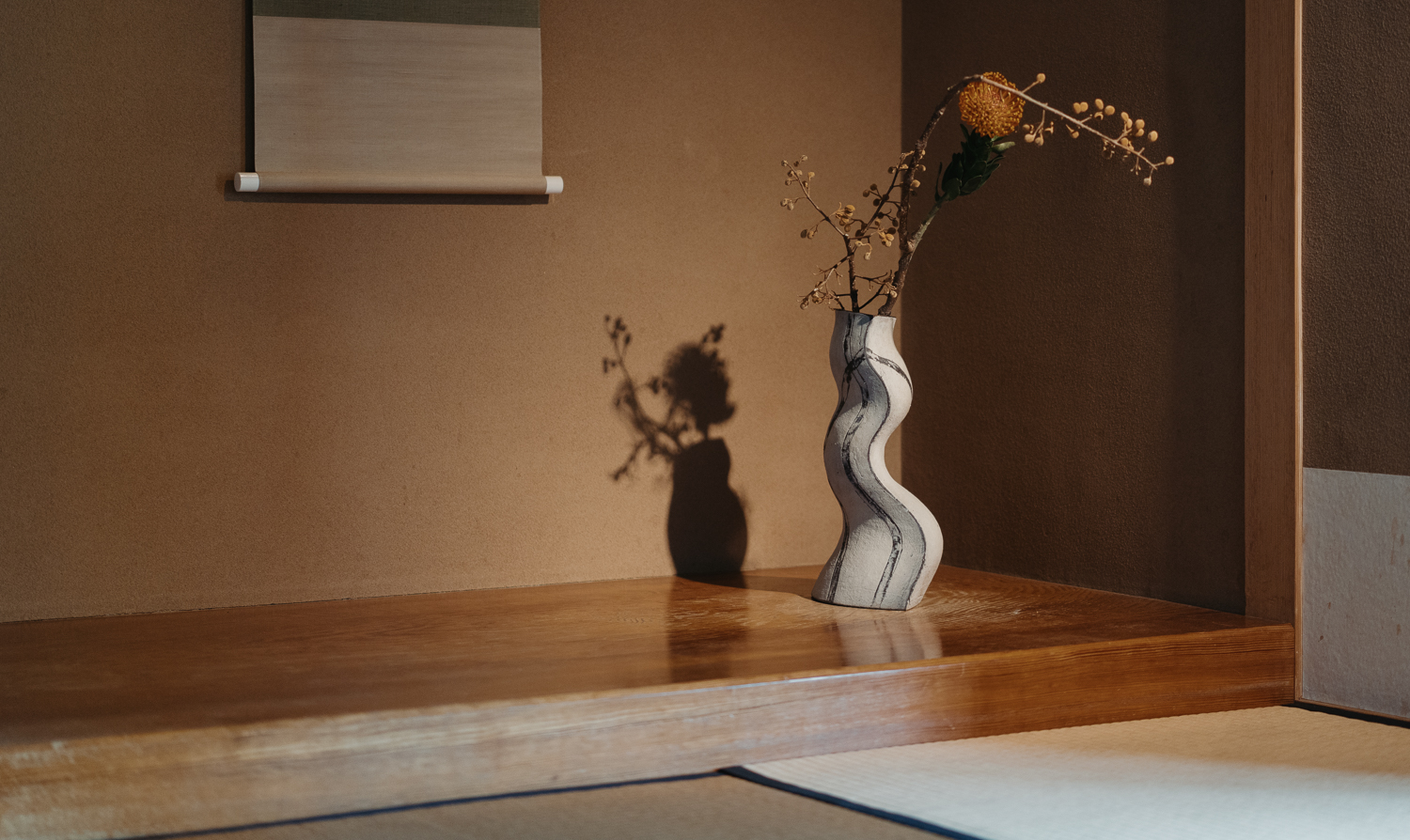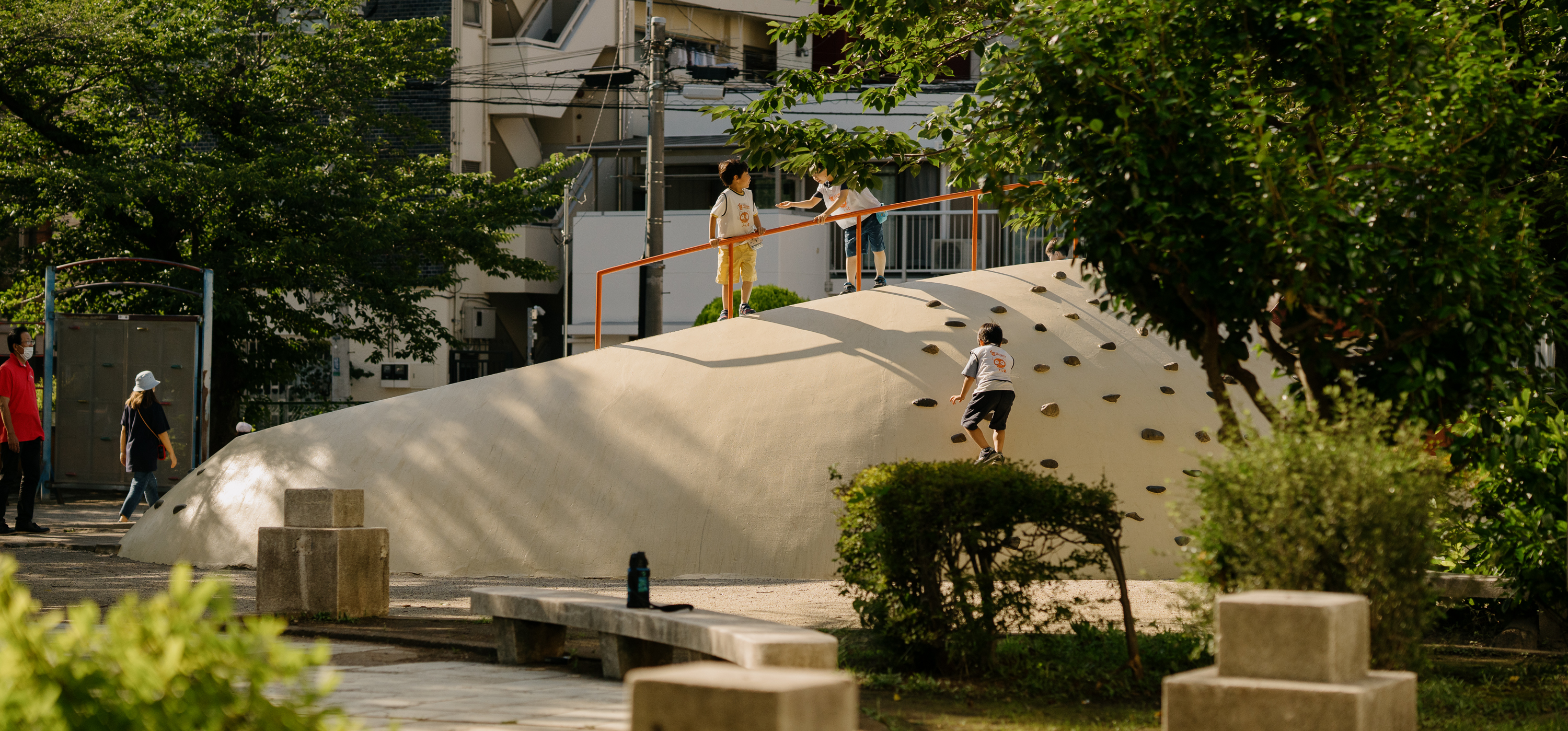When Masako, a Japanese non-Christian lady, visited a church, she asked a church member about the meaning of a verse in a hymn. No one, not even the Bible school student, knew. The pastor only knew because he’d studied classical Japanese.
Due to experiences like Masako’s, some Japanese people have an impression that Christianity is difficult to understand or is old-fashioned. Stereotypes can remain despite churches using modern Bible translations and songs. Other people may not know enough to have any opinion at all.
Further misunderstandings can emerge through contacts with Jehovah's Witnesses or cults that seem Christian. Without knowing the differences, people can turn away from seeking Jesus altogether.
Some people are deterred by the idea that Christianity is “Western” or foreign, although this aspect can attract others.
There are positive impressions too. Some Japanese people see Christians as caring or kind, involved with helping the poor or disadvantaged. Others see the Bible as a source of wisdom, or consult Christians whom they respect for advice. Despite being a tiny percentage of the population, many Christians have had a positive influence on society. Over the decades, they’ve started medical and educational institutions and, in recent years, responded to disasters.
